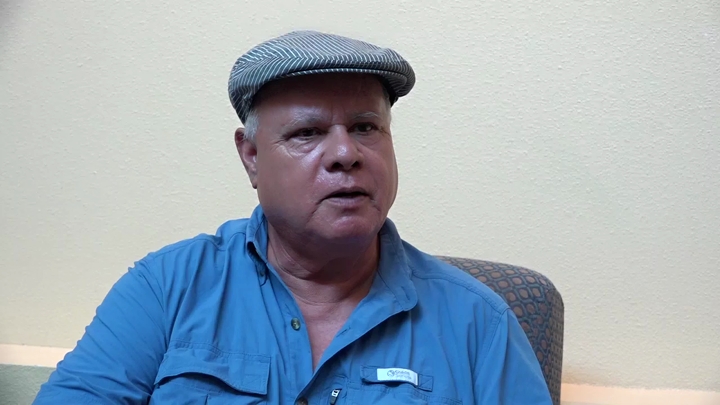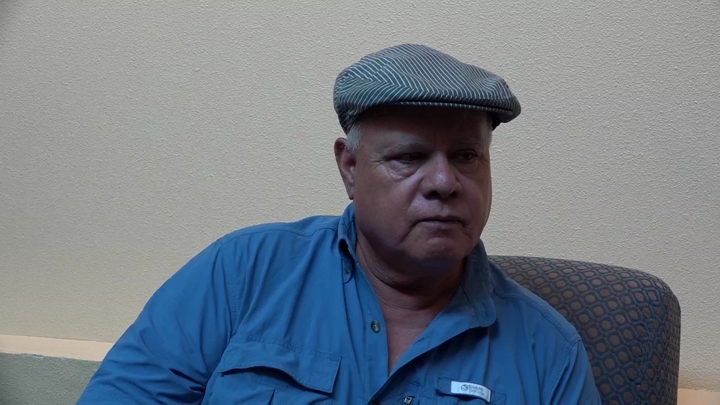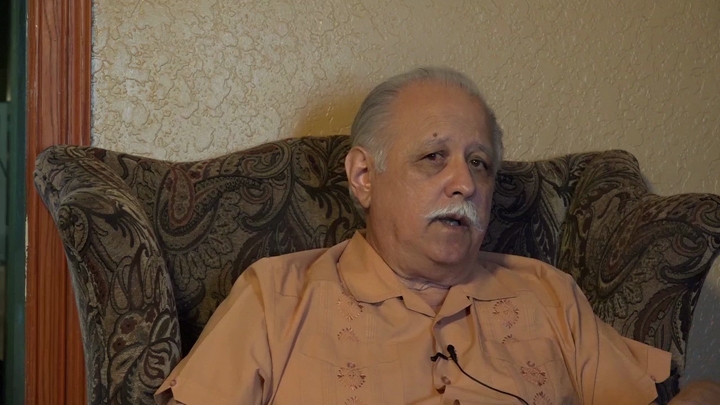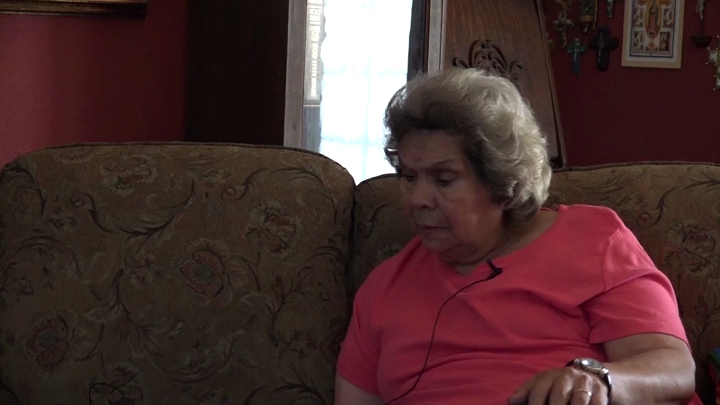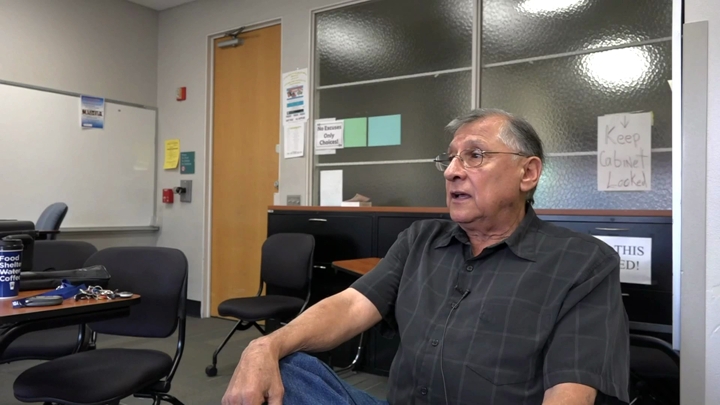Jimenez / Different Ideologies
sign up or sign in to add/edit transcript
Interviewer: Around the time that CMAS was being established there was conference in town called Mujeres por La Raza. Were you at that conference and can you tell us more about it? Maria Jiménez: Yeah, I was at the conference. It was a time where there were different ideological developments within the Chicano movement. Some sectors were moving toward a Marxists ideology and some people were still nationalist ideology. Other people were neither and were still focused on the practical development of the movement. I remember going and remember there was a walk out- so I remember I walked out. For me the largest proponent of the walk-out was the Raquela Rendine who had been one the important leaders for organizing the Texas Farm workers. I saw it more as a working class issue. An issue of the of the working class against the more middle class. Interviewer: Why? Where was it held and what was going on that gave you that impression? Maria Jiménez: It was held at the YMCA and it was sponsored by the YWCA, and there were Latina professionals- here in Houston, it may not have been the case nationally, but here in Houston- so it seemed to it was different. They were not barrio women or working class women. Interviewer: Do you remember any of the workshops there? Maria Jiménez: Not at all. I think we walked out right away. We held our own workshops after we walked out. Interviewer: What did you do? Maria Jiménez: I think we went to the park. I am not quite sure but I think we walked to the park. Interviewer: How many people walked out? Maria Jiménez: I do not really remember, but I do not think we were a majority. Which was a good lesson for me because when I studied tactical movements that was one of the things I learned, that you do not walk out unless you can walk out with a majority. We were a minority- maybe 35 percent- but we were not a majority. Interviewer: Let’s move forward, one of the things you mentioned was Marxism as one of the streams of the movement, what did Marxism mean for you? Maria Jiménez: Well, one of the things you have to understand this was the period of the cold war. So if you touched anything that dealt with Marx or Communism it was political suicide. A lot of people did not get into that, in my case it was different because of my connection to Mexico. Because we went back to Mexico, back to relatives. The Latin Americans had experienced Cuba and Hiende – had experienced that. So a lot of people talked about it without the fear of the US conceptualization of the cold war. So I had a different take on it, but I also kept quiet about it. I may have understood it more, perhaps. I really do not know where- the California movement may have been the first to become more pronounced in ideological Marxism but not in Texas. In Texas we were always more community based and talk- still talking about the chicano power movement and building you own political movement, not so much associated with any ideology. That was foreign to the community, even though in practice we might have using it in our platform- Examples of social experiments in Cuba and else where around the world that were happening at the time. I just think it was an ideology prominent throughout the world. It was prominent in different youth circles throughout the world. It offered different vision of a more egalitarian society, of a society that provided a more equal and dignified life around the world. It was just that in the United States it was hard to sustain because of the tremendous red baiting and Cold war ideology that dominated at the time. Well, it is still. You can still hear it in certain age groups today.
| Interview | Interview with Maria Jimenez |
| Subjects | White Resistance to Civil Rights › White Resistance and Anti-Communism |
| Ideology › Marxism | |
| Ideology › Nationalism | |
| Student Activism › School Walkouts | |
| Direct Action › Walkouts | |
| Tags | sign up or sign in to add/edit tags |
| Interview date | 2016-06-13 |
| Interview source | CRBB Summer 2016 |
| Interviewees | Jimenez, Maria |
| Interviewers | Enriquez, Sandra |
| Rodriguez, Samantha | |
| Locations | Houston, TX |
| Duration | 00:05:26 |
| Citation | "Different Ideologies ," from Maria Jimenez oral history interview with Sandra Enriquez and Samantha Rodriguez, June 13, 2016, Houston, Civil Rights in Black and Brown Interview Database, https://crbb.tcu.edu/clips/4590/different-ideologies, accessed February 26, 2026 |


